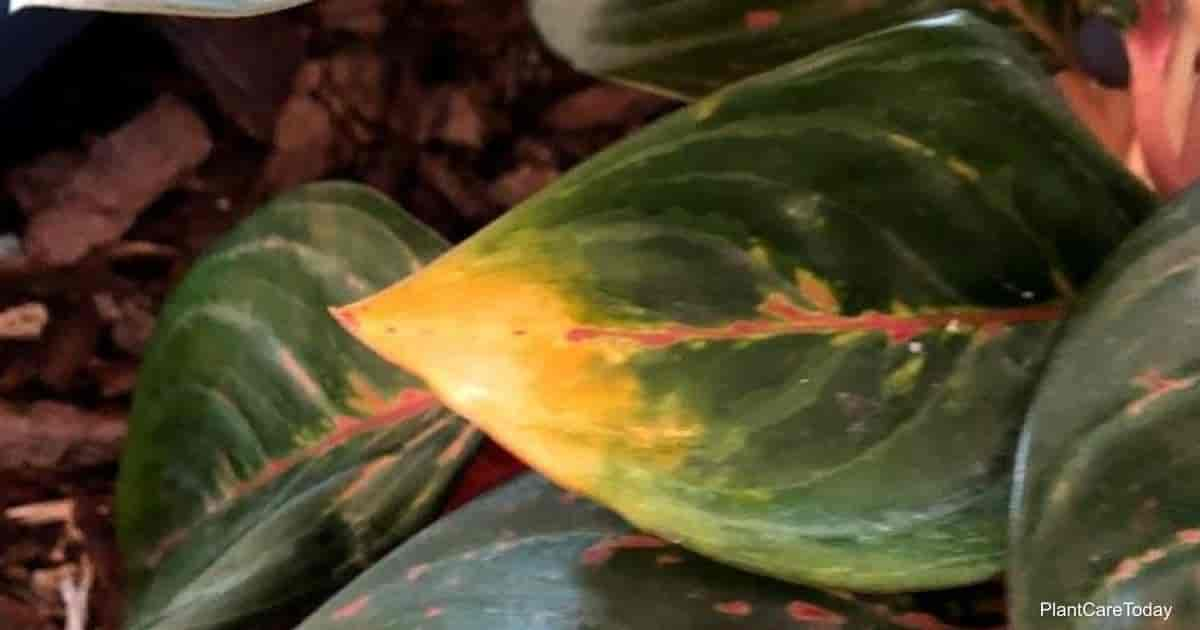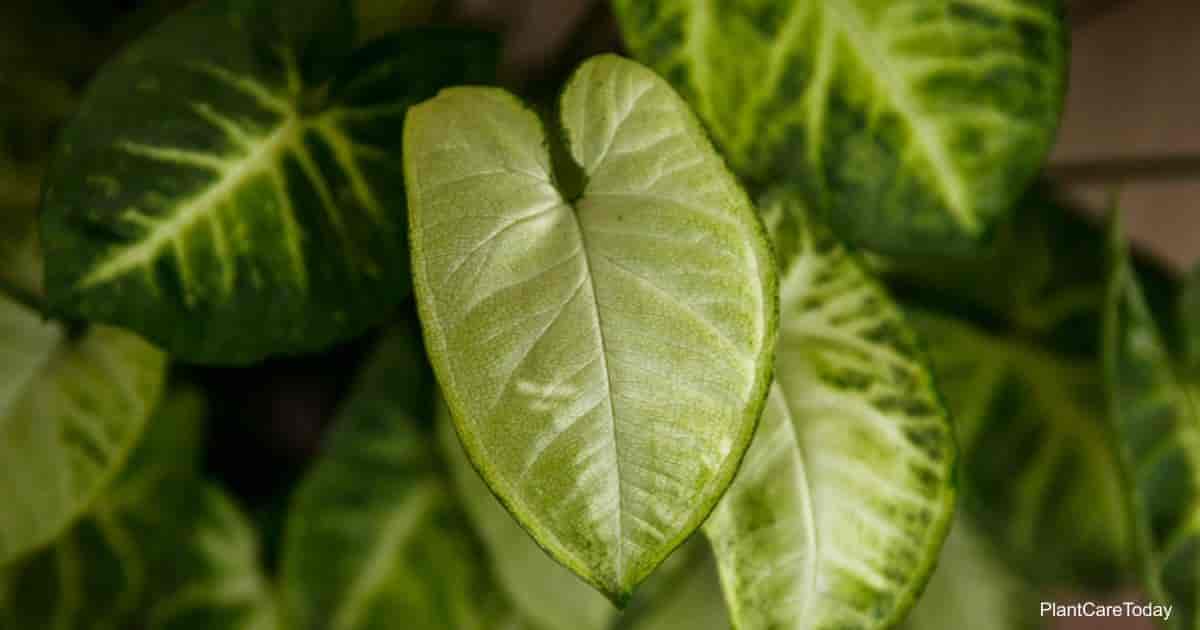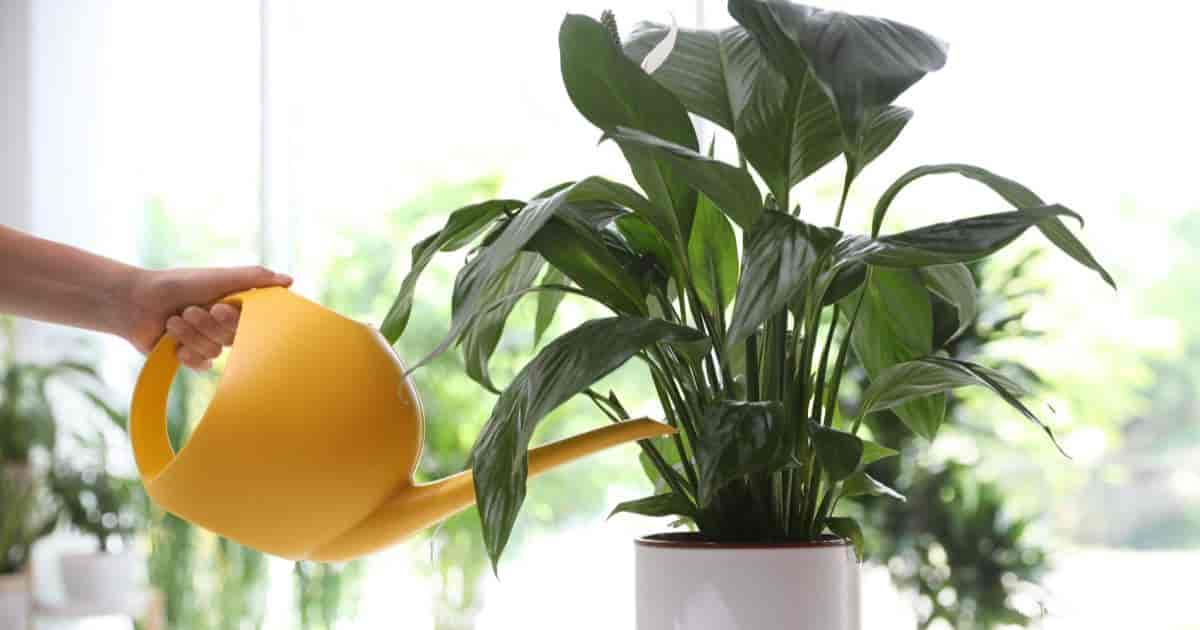The early 2020s have proven an absolute boon for the houseplant industry. Whether you agree with the global lockdowns, it has been influential in convincing people to bring the great outdoors indoors.
Many first-time plant owners have picked up everything from rare exotic cultivars to basic staples such as aloe vera or the Swiss-cheese plant.
No matter what name you prefer, may it be Monstera delicosa, Swiss-cheese plant, or the popular misnomer cut-leaf philodendron, those huge fenestrated leaves of this beauty are attractive for both people and pets.
But owning a plant such as this can be a big responsibility if you have little ones in the home, especially dogs.
Here’s what you need to know if your dog (or other small family members) decides to take a bite of your new monstera.
Is Monstera Deliciosa Poisonous?
The Swiss-cheese plant is considered toxic, not poisonous.
Thus, it usually won’t kill your pet if they have a nibble but can have some nasty side effects.
The Difference Between Toxic And Poisonous
These days, we have a habit of mixing up terms that mean very different things. Such is the case with poisonous and toxic.
The Oxford Dictionary defines poisonous as “causing death or illness if swallowed or absorbed into the body.”
This includes substances such as bleach which can cause physical harm to the skin and can be fatal if swallowed.
Toxins, meanwhile, are mainly defined as poisons produced biologically. Incidentally, venom is also similar but requires injection.
A plant or animal is considered poisonous if it contains or secretes poisonous substances.
It is toxic if it contains biologically produced poisonous substances. Or it may be venomous if it injects poisonous substances.
Some plants inject venom, such as the Australian stinging tree (Dendrocnide moroides).
So, all toxic plants are poisonous, but not all poisonous plants are toxic.
Our dear Swiss-cheese plant doesn’t secrete toxins (unlike poison ivy) or inject venom. Instead, it contains a biologically-produced chemical called calcium oxalate.
What Is Calcium Oxalate?
If you check the ASPCA list of toxic plants, you’ll find that most plants containing calcium oxalate are there.
The crystals can have some nasty effects on humans and pets but aren’t as deadly as you might believe.
You consume calcium oxalate plants every day, including cinnamon, broccoli, and spinach.
We don’t know the exact purpose of calcium oxalate. However, the prevalent theory helps plants reduce their calcium levels.
How Toxic Is Calcium Oxalate?
Small quantities of calcium oxalate likely won’t cause any real issues. Yet, the more you consume, the nastier the effects.
In adult humans, calcium oxalate crystals account for roughly 76% percent of kidney stone cases. And the human body produces most of these crystals itself.
If left untreated, kidney stones can prove fatal. A proper diet usually won’t result in a calcium oxalate buildup even though you’re consuming crystals in your food.
But what about dogs?
When dogs nibble on your Swiss-cheese plant, they will experience some uncomfortable side effects.
This includes:
- Mouth irritation
- Nausea
- Loss of appetite
- Possible vomiting
- Diarrhea
If the dog continues to munch, it might suffer the following:
- Disorientation
- Dizziness
- Become ill
Note that toys and other tiny dogs will have more severe symptoms than a puli or German shepherd.
Is Monstera Deliciosa Safe Around Dogs?
The good news is that most dogs will avoid your monstera after that first nibble.
A larger dog will have less severe effects than a small dog.
Thus, the results break down like this:
- adult humans may suffer a minor skin irritation
- children and large dogs may paw at their mouth and feel a little sick to their stomaches
- infants and small dogs may vomit or get the runs
- toy dogs and cats may have severe symptoms
How much your pet consumes will also play a role and whether they show an allergic reaction.
If your dog takes one tiny nibble, keep an eye on them and note the symptoms. Chances are, they won’t try to snack on the plant again.
In the event of a more robust reaction or if they’ve had more than a taste, call the vet and possibly take your dog for a checkup.
The leaves aren’t so interesting to pets and are less likely to be nibbled on than grass-like plants like aloe vera.
Keep your Swiss-cheese plant away from any pets that think plants are a salad buffet.
Credit : Gary Antosh (https://plantcaretoday.com/monsteras-toxic-dogs.html)





